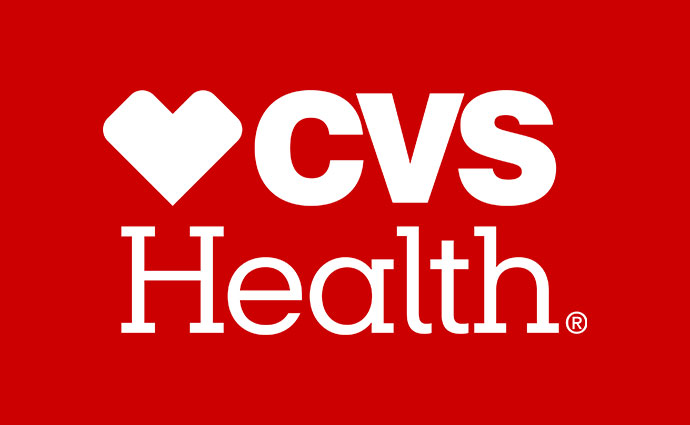Payers Eliminate Coronavirus Treatment Cost-Sharing Before Feds
A handful of payers, including CVS Health, have eliminated cost-sharing for coronavirus treatments, a move that experts have called for on a federal level.

Source: CVS Health
- CVS Health has eliminated cost-sharing and co-pays for coronavirus-related treatment, the company announced on March 25.
For more coronavirus updates, visit our resource page, updated twice daily by Xtelligent Healthcare Media.
“These announcements build on previous efforts focused on eliminating out-of-pocket costs and cost-sharing for diagnostic testing and telemedicine visits and on expanding patient access to medications,” the press release stated.
Of the nearly 80 plans that America’s Health Insurance Plans (AHIP) mentioned in their detailed outline of payers’ responses, only a handful are providing treatment coverage.
While the value of payers’ commitments to testing coverage and prescription refill coverage should not be diminished, it is coronavirus treatment healthcare spending that will be the most expensive and leave patients exposed to surprise medical billing. Experts have estimated that treatments could cost those with employer sponsored health plans over $1,300.
CVS Health, however, and some other payers, including Blue Cross Blue Shield of Massachusetts (Blue Cross) and CareFirst, are proactively waiving copayments or cost-sharing for coronavirus treatment.
Aetna, CVS Health’s payer arm, will be waiving member cost-sharing for payments related to coronavirus treatment at in-network inpatient facilities. It will also cover the cost of all complications related to the virus.
These waivers are available to Aetna members through June 1, 2020.
Aetna is also eliminating advance approval for Aetna members based on geography and the prevalence of coronavirus cases in their area in order to lessen overwhelmed hospitals’ administrative burdens.
To further support Aetna’s provider partners, the payer is assisting in transferring and discharging coronavirus-afflicted members to alternative outpatient sites.
AHIP recently committed as a payer organization to take measures such as these in order to support hospitals and healthcare systems and increase their bandwidth to care for coronavirus patients.
Finally, like many of its competitors, Aetna announced that it will be extending telehealth solutions to help support members in need of mental healthcare during this uncertain time.
Before the pandemic even hit American soil, loneliness was an epidemic all on its own.
Loneliness can have a particularly damaging effect on older populations, who are most prone to falling ill and dying due to coronavirus. Research by Humana found that Medicare Advantage members who suffered from loneliness could see an average of 24.4 unhealthy days—almost as high as a Medicare Advantage member who is food insecure (26.6 unhealthy days).
With this in mind, CVS Health—along with many other payers—have extended their telehealth options to those who normally would not have access to these benefits.
Specifically, Aetna is allowing any member to who has had some experience with coronavirus to access their Resources For Living employee assistance program. This includes phone support for those experiencing negative mental health effects due to the coronavirus, community resource referrals, and employer consultations.
“The additional steps we’re announcing today are consistent with our commitment to delivering timely and seamless access to care as we navigate the spread of COVID-19,” said Karen S. Lynch, president of Aetna Business Unit and executive vice president of CVS Health. “We are doing everything we can to make sure our members have simple and affordable access to the treatment they need as we face the pandemic together.”
Blue Cross has guaranteed to waive copayments for treatment related to coronavirus, whether it takes place in an inpatient or most outpatient settings either in the US or in foreign territory. The announcement does not mention any different policy for out-of-network providers.
CareFirst has waived all cost-sharing—from copays, to coinsurance, to deductibles—for treatment both in- and out-of-network. However, balance billing may occur, warned a letter from Brian D. Pieninck, president and chief executive officer of CareFirst.
“The COVID-19 outbreak is a serious public health threat,” stated Pieninck in the letter. “It is essential we all contribute to slowing the rate and reducing the number of infections to best safeguard our communities and preserve the available capacity of our healthcare resources. To do so, we must work together to remove barriers that could potentially interfere with people getting the care they need – including financial barriers.”
Experts have been calling on policymakers to eliminate Medicaid’s cost-sharing for coronavirus treatments.
Thus, whereas traditionally commercial payers follow the public payers’ moves, in this instance the commercial payers are leading the way.
